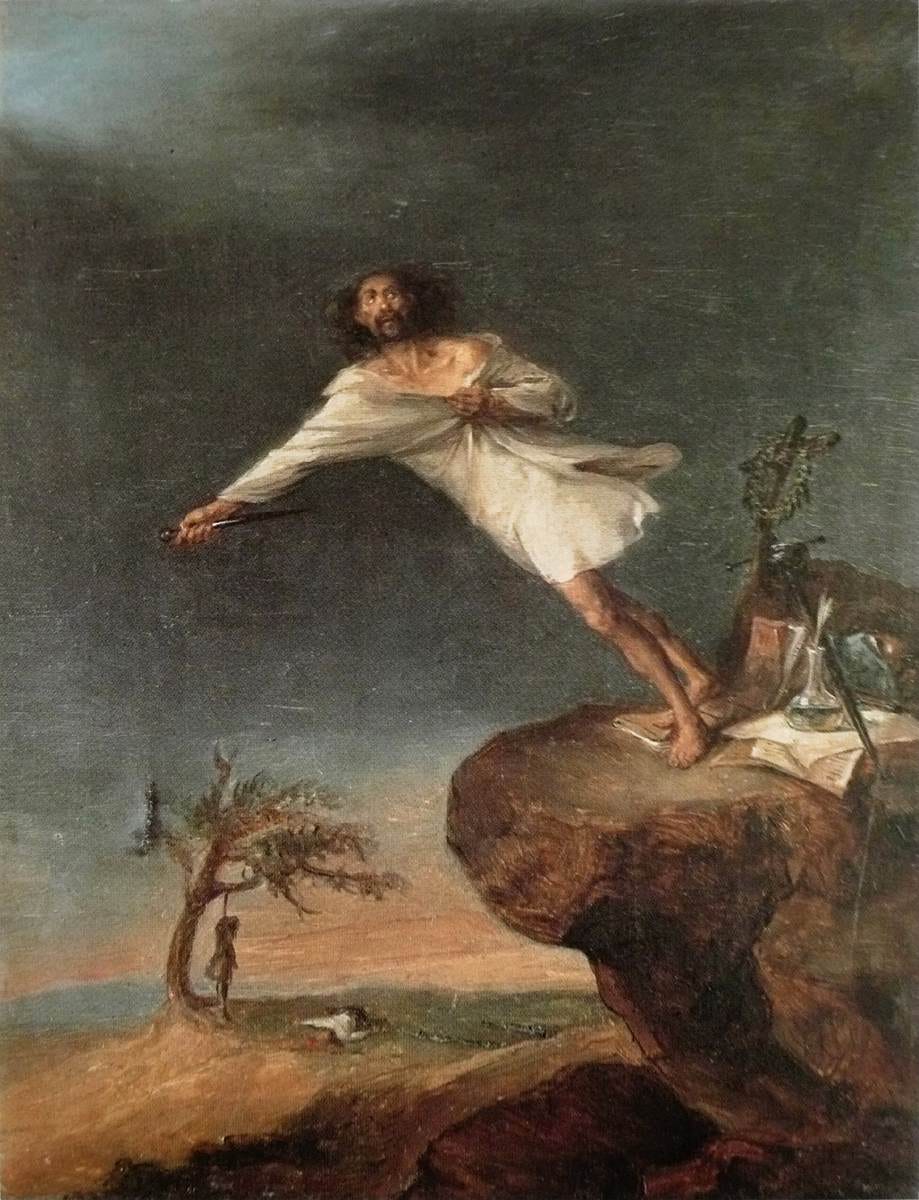Today’s Poem: A Ballade of Suicide
Chesterton’s comic romp through all the reasons today is not a good day to die

G.K. Chesterton (1874–1936) needs no celebration. From Orthodoxy, his classic book of Christian apologetics, to his Father Brown mystery stories, he remains in popular memory.
But today, for his May 29 birthday, it’s worth noticing that what has faded is his poetry. Except perhaps for his book-length narrative poem, The Ballad of the White Horse, his poetry is not much mentioned, and it’s certainly rarely included in anthologies these days.
Much of that poetry is comic, and nearly all of it is Chestertonian, with all the virtues and vices of his writing: filled with inversions, deliberately constructed paradoxes, and loud assertations of the triumph of commonsense over the social moods and intellectual fantasies of the day.
It can all get to be too much. “I have ceased to be interested in merely clever people — Wells, Chesterton, Shaw,” wrote the Portuguese modernist Fernando Pessoa (1888–1935) of his English contempor…
Keep reading with a 7-day free trial
Subscribe to Poems Ancient and Modern to keep reading this post and get 7 days of free access to the full post archives.



